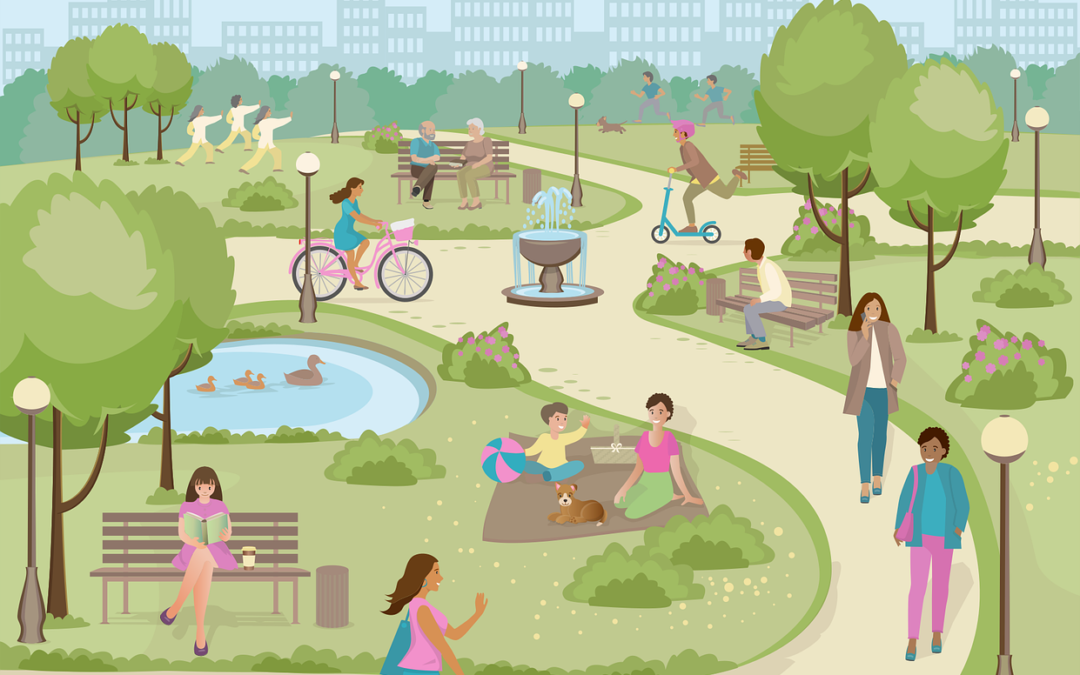I got my hat handed to me last week when I mentioned the importance of SELF CARE. Someone who has repeatedly impressed me with their understanding and commitment to kids from hard places spoke up and said, basically, “When I hear that term, I immediately feel like a failure. Call it Maintenance and it doesn’t bother me so much.” Another parent is recently back in action after 2 years of recovery from PTSD associated with years of dealing with dysregulated teens and the isolation delivered by the pandemic. So, with these people in mind and after some soul searching and reading research papers, I offer this:
I’m reminded of the AZAFAP mission:
Working in partnership with child welfare professionals and the community, our purpose is to support, educate, empower, and provide a unified voice for Arizona’s foster and adoptive families, with the goal of increasing the well-being and stability of Arizona’s most vulnerable children.
So, in effect, AZAFAP supports you so you can support the kids in your care. Having been involved with foster, kinship, and adoptive families in one way or another for the better part of, sheesh, 45 years, I have to admit that I have become as concerned for your well-being as a fellow human as I am about that of the kids in your care. I know too much about how hard your days together can be. It is for this reason that I keep coming back to Personal Maintenance or the dreaded Self-Care.
I also reflect back on how my Personal Maintenance habits have changed over my lifetime so please don’t tune me out. As a teen, I hugged trees and confided in a few trusted friends. Mostly, my shame kept me silent. As a young professional and mother (my final examination for my master’s degree coincided with the due date of my firstborn), I was never able to put my needs first. I remember sitting in a rocking chair having had my second born, working full time, and moving my mother into our spare bedroom, wondering where I was in all the demanding roles of mother, daughter, caretaker, wife, employee, cook, housekeeper, chauffeur, friend, parishioner, and choir member. Only the friend and choir member roles were giving me much back in the way of restoration/personal maintenance/self-care. My years of work in residential treatment centers saw appallingly little in the way of restorative self-care though music still featured strongly in my life. I was pretty fried most days. These were also the days of debilitating migraine headaches and weight gain. These days, living with my 3 grandkids, I have discovered the blessings of meditation, time in nature, music, good sleep and occasionally getting in the zone with my hobby of choice, textile art. No more migraines and the weight is finally dropping off! Bottom line: Please don’t wait until you are 70 to discover the benefits of Personal Maintenance. I’d bet a lot that no one reading this would go a full year without an oil change in their car or washing the dishes. We typically do a better job of maintaining our stuff than we do ourselves. Personal Maintenance is all about Brain Health and Brain Health is not just for people with sick brains, it is for all of us.
Notes on Personal Maintenance: Believing you have unlimited personal resources (think endless self-regulation) only helps when you are a little bit tired. I’m the queen of “just push through it”. Get over-tired and this belief can fail you. Worse, it can also erode your commitment to “doing the right thing” and allow you to rationalize “it doesn’t matter what I do”. It can also leave you feeling more physically exhausted than you really are or strand you in impulsive decision making (think donuts or more tributes to Mr. Bezos).
The consequences of personal neglect
Irritability
Perceived stress
Violating your own standards of behavior
Impulsive decision making
Physical exhaustion
Weakened immune system
Disrupted placements due to burnout (physical or mental collapse)
Compassion fatigue/vicarious trauma (indifference to those who are suffering or even cynicism/blaming them for their own suffering). Predisposing factors for vicarious trauma
a. Personal history of trauma
b. Social isolation
c. Tendency to avoid feelings or blame others
d. Difficulty expressing feelings
e. Lack of preparation for the role
f. Lack of experience in the role
g. No break from the trauma of others
h. No one to talk to about this exposure to the trauma of others
What helps?
1. Focus on the big picture (deep reflection), not the day-to-day minutia
2. Be honest with yourself about how you are feeling. It sucks your energy to pretend otherwise. Monitor your
a. Lack of motivation
b. Fatigue
c. Irritability
d. Distractibility
e. Isolation
f. More frequent illnesses
3. Take steps to improve your mood/self-regulation by
a. Psychological detachment (take a 5-minute break from thinking about the kids 5 times/day)
b. Retreat to a restorative environment (where you can feel safe). One that offers
i. Being away (far from the source of your stress)
ii. Immersion (big enough to lose yourself in it for a while)
iii. Engagement (keeps your attention, preferable green with a bit of water, a park will do!)
iv. Compatibility (I like to take in the colors and odors of the forest, so I walk slowly. You may like to jog or run in this environment. My daughter would zipline!)
4. Thoughts that remind yourself of the decent person you know yourself to be (A reflection on What Went Well today)
5. Thoughts about what you know to be truly important (A moment of gratitude)
6. Make sleep a priority
7. Stress Management strategies
a. 3 deep breaths
b. Meditation (10 minutes, 3 times/week)
c. Share the burden with others who understand and share your commitment
8. More fresh fruits and vegetables
9. Exercise (just a brisk walk around the block to get your heart rate up may help)
10. Routines that minimize the number of decisions you have to make on the fly
NEWS
1. Check out the AZAFAP Event Calendar at https://azafap.gnosishosting.net/Events/Calendar.
2. Our Friday night Happy Hour and Tuesday afternoon Coffee Chat continue. Some find me and a single other participant; others find a conversation among 4 to 6 people. The topics range from the silly to what hobbies have us in their grip to what life has thrown in our path. If you ever find yourself wanting a bit of grown-up conversation, consider joining us (check your email for the unchanging link).
3. Intro to the Neurosequential Model starts again on October 12th. Register in the AZAFAP Calendar.
4. NEW! Parent Mentor Partners: AZAFAP has trained volunteer parents as mentors who are ready to help support foster, kinship, and adoptive parents through one-to-one conversations. Interested? Fill out the form at https://www.azafap.org/family-support-services/
5. Registration is also open for new, regional Circles of Supportive Families. Reach out to find another parent who understands.
6. Though pandemic pressures are finally easing, reach out if you need an ear: cathyt@azafap.org.
7. I encourage you to check out what Dr. Bruce Perry has to offer. Find his thoughts at https://www.pcaaz.org/wp-content/uploads/2019/07/B21-Insightful-Caregiving-Intimacy.pdf and at https://www.neurosequential.com.
Thanks for listening. Maintain yourself so you can be there reliably for others.
Cathy


Recent Comments